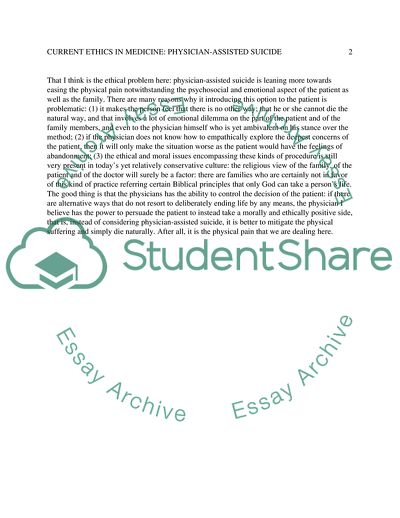Not Found (#404) - StudentShare. https://studentshare.org/medical-science/1804718-current-ethics-in-medicine-physician-assisted-suicide
Not Found (#404) - StudentShare. https://studentshare.org/medical-science/1804718-current-ethics-in-medicine-physician-assisted-suicide.


